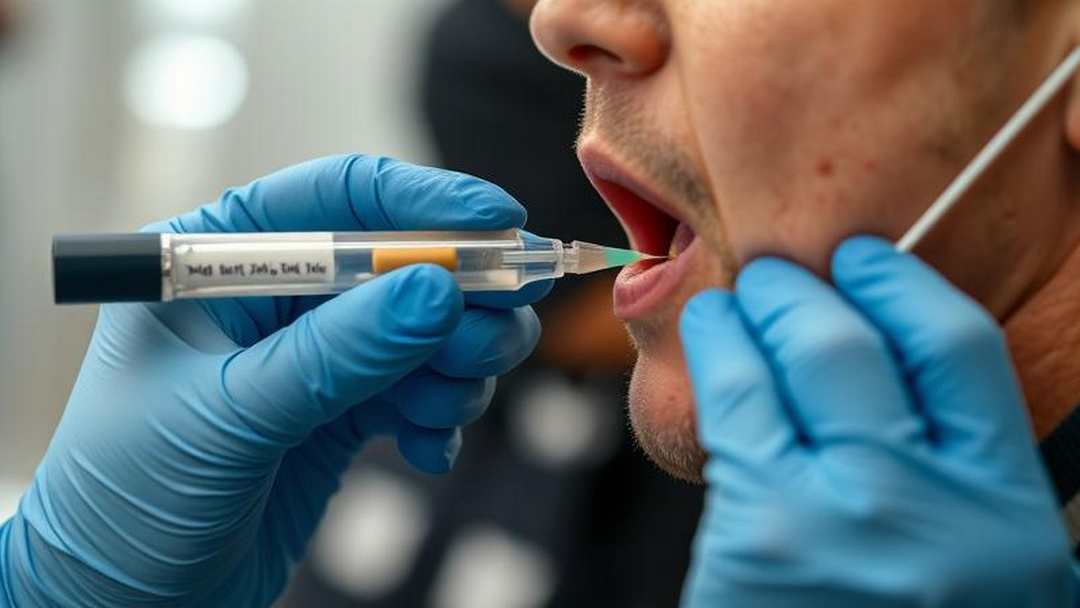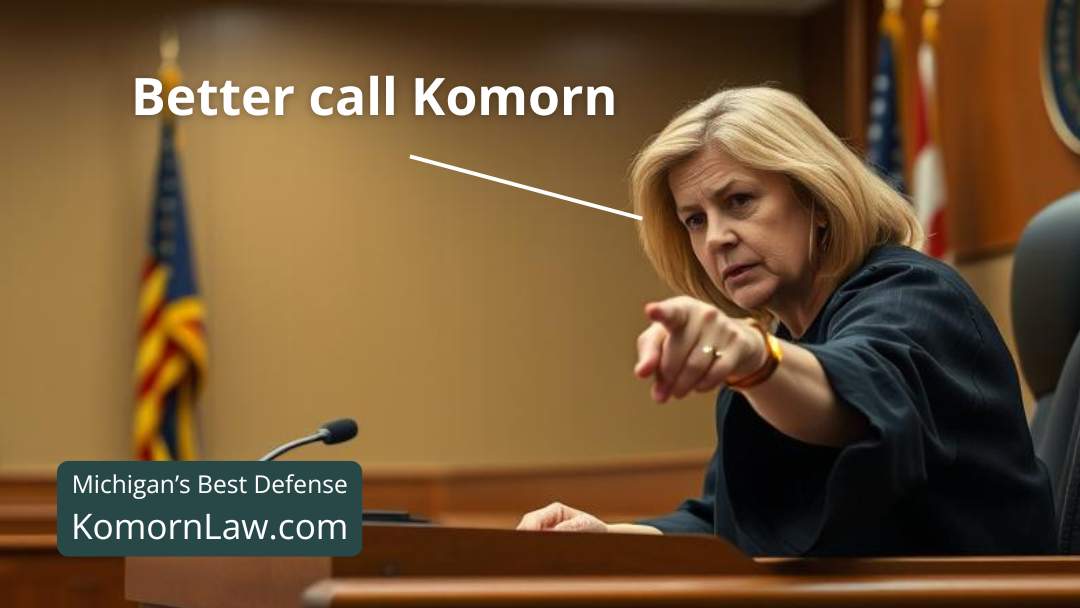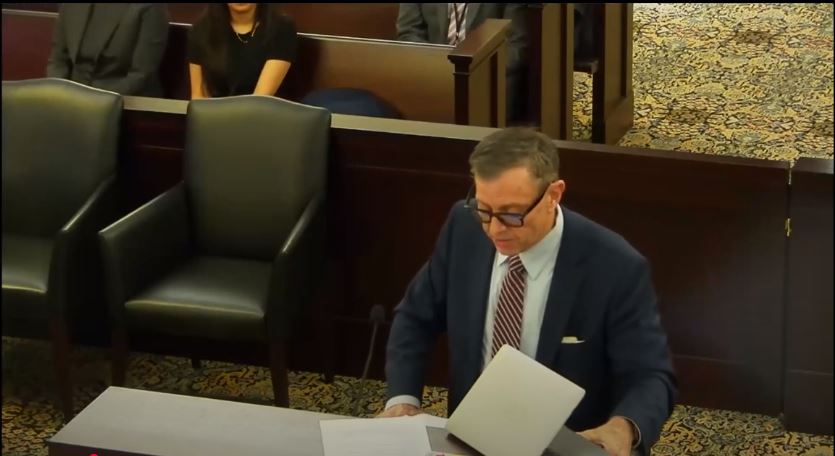Maintaining public trust in the judiciary is paramount to a functioning legal system. In Michigan, several mechanisms exist to ensure judicial accountability, holding judges responsible for their conduct both on and off the bench. These safeguards are primarily...

The Case of Cannarbor -v- The Michigan Dept of Treasury
Nice Try…
This case centered on the disagreement between Cannarbor, Inc., a medical marijuana provisioning center operating in Michigan, and the Michigan Department of Treasury concerning the obligation to collect sales tax on the retail sale of medical marijuana. Cannarbor contended that its sales should be exempt from sales tax, pointing to a 2011 communication from a Deputy Treasurer which indicated that transactions between registered caregivers and patients were not considered taxable sales. Conversely, the Department of Treasury maintained that the state’s General Sales Tax Act (GSTA), alongside the Medical Marihuana Act (MMMA) and the more recent Medical Marihuana Facilities Licensing Act (MMFLA), clearly established that retail sales by licensed provisioning centers were subject to sales tax, a distinction from the non-taxable services offered by individual primary caregivers.
The Michigan Court of Claims ruled in favor of the Department of Treasury, a decision that was subsequently affirmed upon appeal. The appellate court underscored that the MMFLA, enacted after the issuance of the 2011 letter, drew a distinct line between primary caregivers, who offer non-taxable support to qualifying patients, and licensed provisioning centers, which conduct taxable retail transactions. The court highlighted the Legislature’s deliberate omission of a sales tax exemption for provisioning centers, in contrast to the explicit exemption provided to primary caregivers for the reimbursement of their costs. Furthermore, the court dismissed Cannarbor’s assertion that its activities were equivalent to those of primary caregivers, emphasizing that the legislative framework itself differentiated these entities.
Finally, the court rejected Cannarbor’s arguments regarding detrimental reliance on the 2011 letter and alleged violations of equal protection and the principle of uniform taxation. The court reasoned that the 2011 letter, predating the MMFLA, was not applicable to the operations of licensed provisioning centers established under the new regulatory framework. Moreover, the court concluded that provisioning centers and primary caregivers were not similarly situated for taxation purposes, as the Legislature had a rational basis for establishing different tax treatments for these distinct categories of actors within the medical marijuana system.
Komorn Law
TIP: When you’re in trouble – Better Call Komorn
Komorn Law
Areas of Service
We fight for our clients throughout the State of Michigan and Northern Ohio.
Here are some court contacts we frequently handle cases.
Oakland County
If you are facing any legal charges in Oakland County and need to hire an attorney, call our Office (248) 357-2550. If you need to contact the court, here is the information:
- Telephone Number: (248) 858-0344
- Address: 1200 N Telegraph Rd, Department 404, Pontiac, MI 48341-0404
- Website:
Oakland County 6th Judicial Circuit Court
Macomb County
If you are facing any legal charges in Macomb County and need to hire an attorney, call our Office (248) 357-2550. If you need to contact the court, here is the information:
- Telephone Number: (586) 469-5150
- Address: 40 N. Main Street, Mt. Clemens, MI 48043
- Website:
Macomb County 16th Judicial Circuit Court
Wayne County
If you are facing any legal charges in Wayne County and need to hire an attorney, call our Office (248) 357-2550. If you need to contact the court, here is the information for the Third Circuit Court (Wayne County):
- Telephone Number (Civil/Family): (313) 224-5510
- Telephone Number (Criminal): (313) 224-5261 or (313) 224-2503
- Address (Civil/Family): 2 Woodward Avenue, Detroit, MI 48226
- Address (Criminal): 1441 St. Antoine, Detroit, MI 48226
- Website:
https://www.3rdcc.org/
Kent County
If you are facing any legal charges in Kent County and need to hire an attorney, call our Office (248) 357-2550. If you need to contact the court, here is the information:
- Telephone Number: (616) 632-5220
- Address: 180 Ottawa Avenue NW, Grand Rapids, MI 49503
- Website:
Kent County
Traverse County
If you are facing any legal charges in Traverse County and need to hire an attorney, call our Office (248) 357-2550. If you need to contact the court, here is the information for the 13th Circuit Court (which includes Traverse County):
- Telephone Number: (231) 922-4701
- Address: 328 Washington Street, Suite 300, Traverse City, MI 49684
- Website: Traverse City 13h Circuit Court
Monroe County
If you are facing any legal charges in Monroe County and need to hire an attorney, call our Office (248) 357-2550. If you need to contact the court, here is the information:
- Telephone Number: (734) 240-7020
- Address: 106 E First Street, Monroe, MI 48161
- Website: Monroe County 38th Circuit Court





























